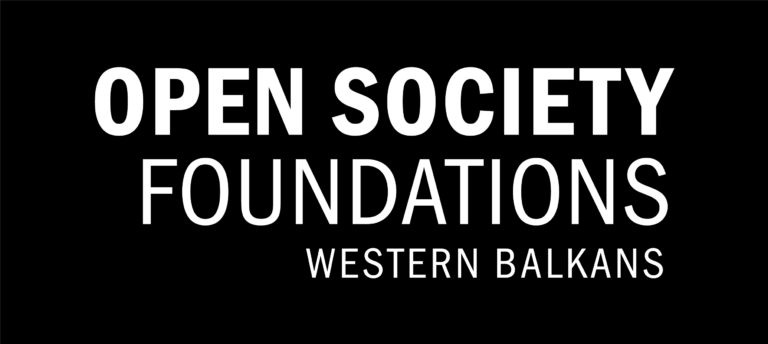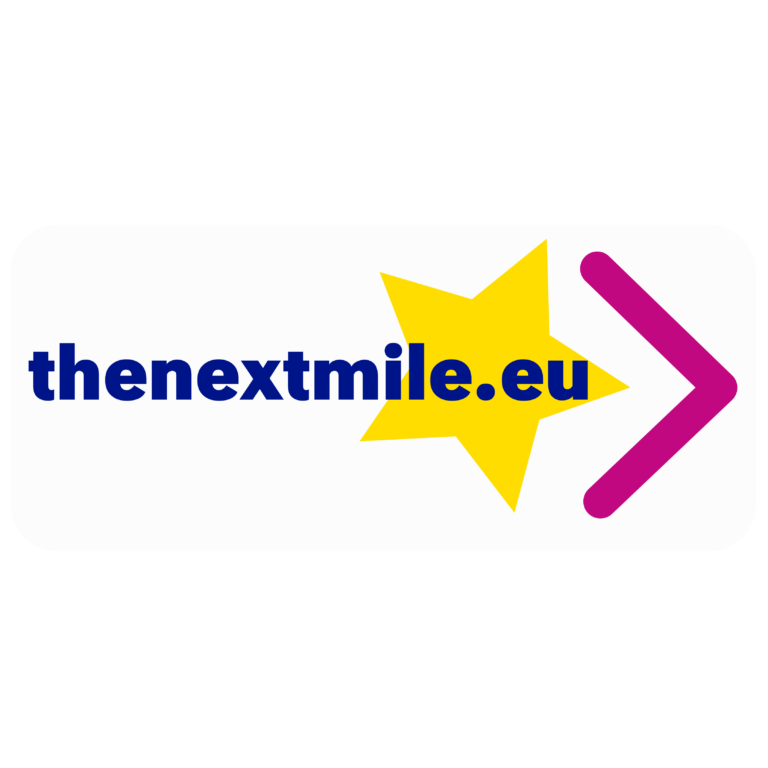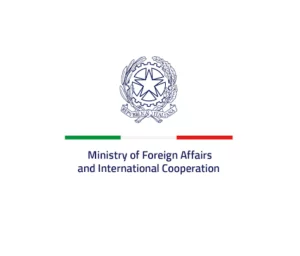What is Europe Café?
Europe Café represents a series of discussions taking place in a relaxed, dynamic and informal environment of a café setting. Europe Café revolves around the goal to discuss and exchange thoughts, questions and ideas on various topics in relation to Serbia’s EU integration process with stakeholders, decision makers, partner organisations, civil society organisations and the public.
The aim of Europe Café is to provide a platform for an open and prolific discussion which will yield new ideas for common efforts in advancing Serbia’s EU integration, inform the public about the particular aspects of the Serbia EU accession process and involve the relevant stakeholders into the debate.
Where does the idea come from?
Europe Café is designed according to the principles of the World Café method. This method ensures an effective and flexible format for hosting a series of discussions with a potentially large group of participants and can be modified to correspond to specific needs.
The basic model consists of five components:
- Setting – café environment, small tables with up to four chairs, paper blocks and coloured pens and other optional items.
- Welcome and Introduction – The host of the event is giving a warm welcome introductory note and introduces the participants to the context and setting
- Small Group Rounds – On the roundtable three rounds of discussions take place in the average duration of 20 minutes. Once a round of discussion is over, the participants are free to move to other tables. Each table usually chooses one person as the “table host” who welcomes the next group and provides a brief update of the previous rounds.
- Questions – The purpose of the each round is defined by the question placed to the table at the beginning of the round. Questions may remain the same in different rounds or they can build upon each other and as the discussion progresses.
- Harvest – Discussions at the small tables are wrapped up and insights presented to all participants in plenary, often using different tools or methods – flip charts, visual presentation etc.
What is the concept of Europe Café?
Europe Café takes place once every two to three months. Topics for each edition are consulted and agreed upon in coordination with numerous partners and stakeholders, in accordance with the relevance of the topic and participants’ expertise and interest. Even though Europe Café editions have so far been relatively limited in terms of size and audience (around 20 participants, invitation based), the concept allows for much larger participation: it could be also organised for the general public or other specific target groups (e.g. students, retirees, various stakeholders affected by the EU integration process in a particular manner, etc.). In the future, Europe Café is therefore expected to grow into an innovative and mobilising discussion forum for a wider public participation.
Europe Café discussions last approximately 2-3 hours. The EU Information Centre (EUIC) in Belgrade supports CEP’s Europe Café initiative, as its mission is to raise the general awareness and encourage a public debate on EU related issues.
Discussions in the previous editions
The first Europe Café was held on the 28th of March under the topic of human resources in EU integration, while the specific discussions of the four discussion tables revolved around sub-topics of EU negotiations and human resources, private sector and EU human resources, scholarships and diploma recognition and professional skills and education. The honorary guest was Mr Paul Demaret, the rector of the College of Europe at the time, a renowned post-graduate institution in European affairs. Other participants comprised of the officials from Serbian European Integration Office, other state institutions and agencies, Delegation of the European Union in Serbia and civil society organisations’ representatives.
The second Europe Café held on 19th June 2013 marked ten years of the European Council in Thessaloniki, where the grounds were laid for the contemporary relations between the European Union and the countries of the Western Balkans. The participants examined four subtopics: the messages and meaning of the Thessaloniki Summit, lobbying the EU accession agenda, the real role of regional cooperation in the EU accession process, and the problems pertaining to the free visa regime and the opportunities of lobbying for it on a regional level. This edition gathered representatives from the civil sector, diplomatic corps and high level civil servants.


